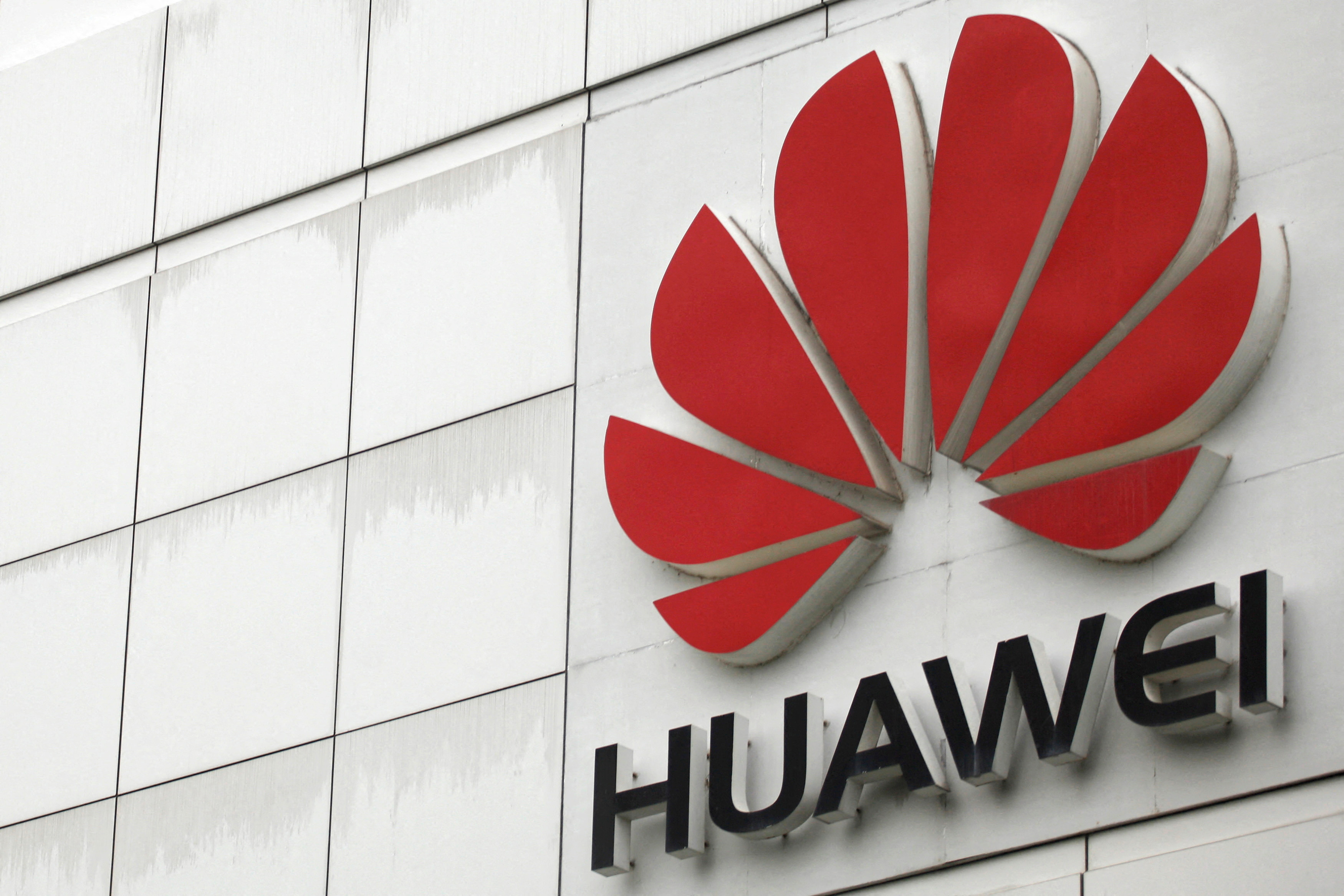Google's decision on Gemini AI and Pixel 8
Earlier this week, Google changed its stance on making its on-device Gemini AI exclusive to the Pixel 8 Pro. The initial reason for the base Pixel 8 missing out on this feature was cited as "hardware limitations".
The Role of RAM
It has now been revealed by Seang Chau, Google’s VP of devices and software services, that the decision was mainly influenced by RAM. The Pixel 8 Pro, with 12GB of RAM, was deemed suitable for hosting the Gemini Nano software. On the other hand, the Pixel 8, with 4GB less RAM, presented challenges in enabling the feature.
Implications and Solutions
Google plans to make Gemini Nano accessible on the Pixel 8 behind a developer option. This move allows developers and users who understand the potential impact on user experience to utilize this feature. The company acknowledges the significance of additional RAM for the smooth operation of non-AI functions.

RAM in Smartphones
Currently, Android devices commonly offer 8 to 12GB RAM, with exceptions on both ends of the spectrum. However, with the potential growth of consumer-facing generative AI, there might be a shift towards higher RAM capacities in smartphones.
Huawei's Advancements in Memory Chips
Huawei Technologies, in collaboration with Chinese firms, is exploring high-bandwidth memory chips to support AI projects. This development reflects the increasing reliance on RAM for AI-related tasks.

Conclusion
In conclusion, Google's decision to bring Gemini Nano to both Pixel 8 versions underscores the importance of hardware capabilities, particularly RAM, in accommodating advanced AI features on smartphones.



















